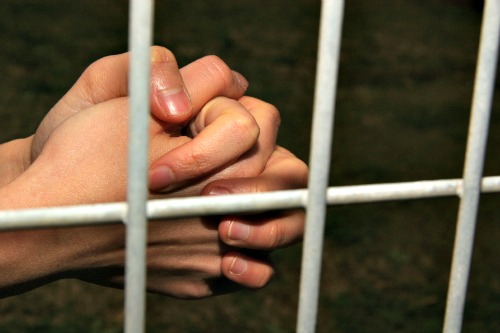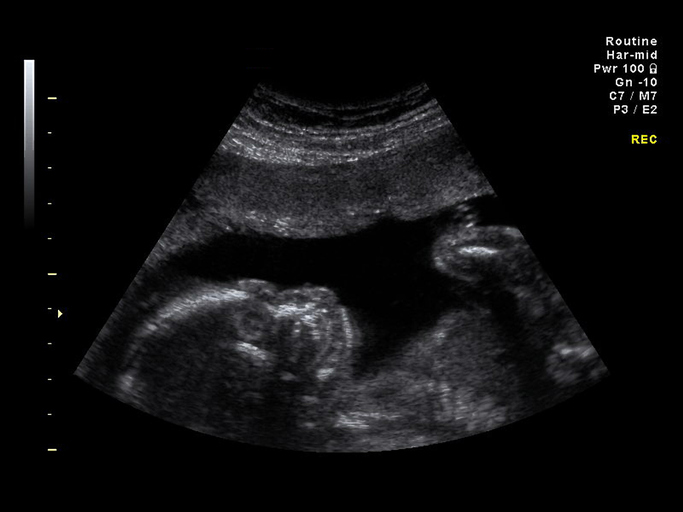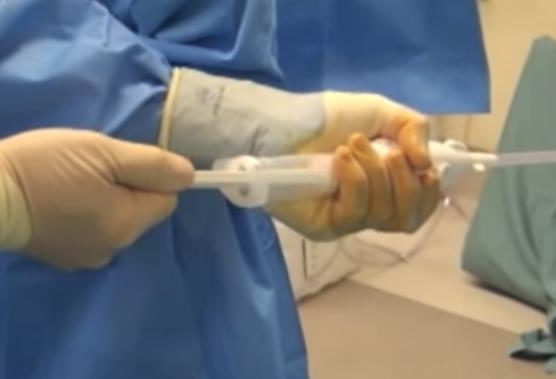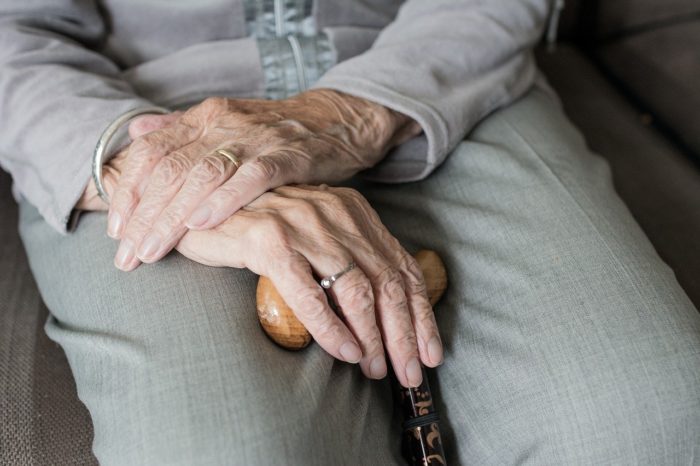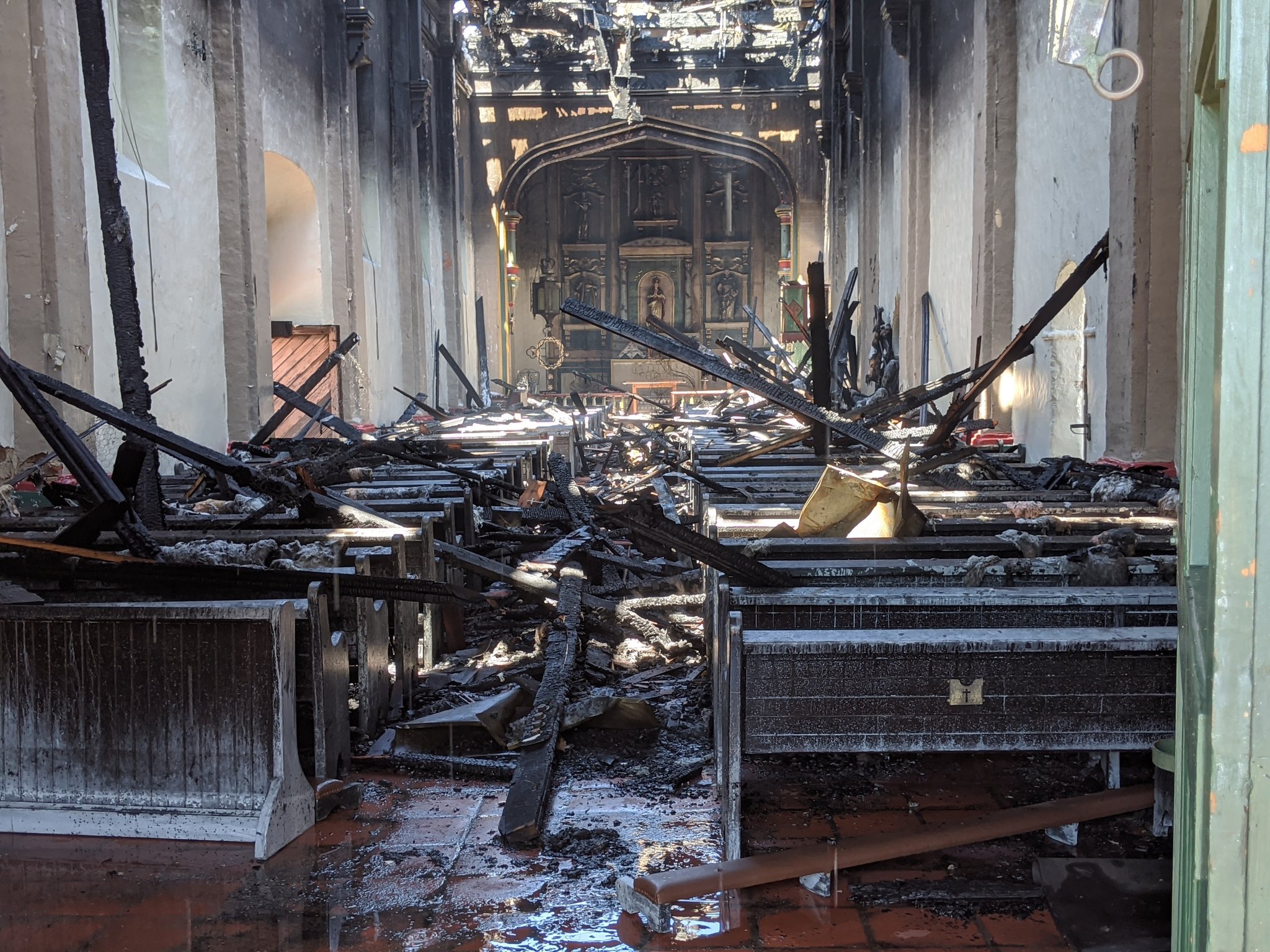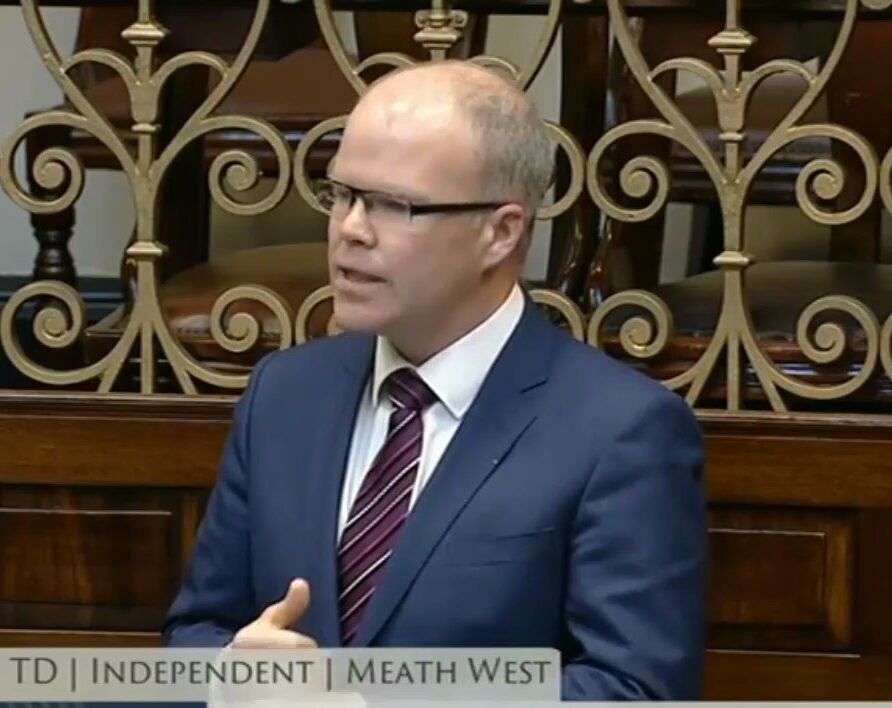A Dutch MP has submitted a long-awaited bill to offer healthy Dutch over-75s a right to euthanasia.
Pia Dijkstra, medical ethics lead for D66, a party in the coalition Government, promised to go forward with the controversial bill at the end of January, after government research revealed that around 10,000 people over 55 have a serious death wish.
But it is unclear whether Dijkstra’s bill would win over the majority of MPs as it would be a free vote.
Her proposed law would mean healthy over-75s with a strong death wish for at least two months could have the assistance of an ‘end-of-life supervisor’ to die. But opponents of the law – including the KNMG Royal Dutch Medical Association – believe it could undermine the strict due care conditions of the existing euthanasia law, arguing that lonely and impoverished older people should have help, not the choice of an early death.
The ChristenUnie – a government party with five seats – has said the proposal is insensitively timed and completely unacceptable. Gert-Jan Segers, party leader, said he found it “extraordinarily painful that at a time when old people feel extra vulnerable, D66 submits a proposal that we know will cause many of them increased insecurity and worry.’ He added: ‘This is a path that the ChristenUnie absolutely will not tread.’
The CDA, the other Christian party in government with 17 seats, is also against the proposal, suggesting it could undermine existing euthanasia law. When the research on the unhappy older people was published, now-CDA leader and health minister Hugo de Jonge made an appeal to tackle loneliness and social problems. ‘This group’s death wish is serious and the report underlines the need for action,’ he wrote in a parliamentary briefing. ‘It is our task to make every effort to ensure that these people find the meaning of life and meaning in life again.’

